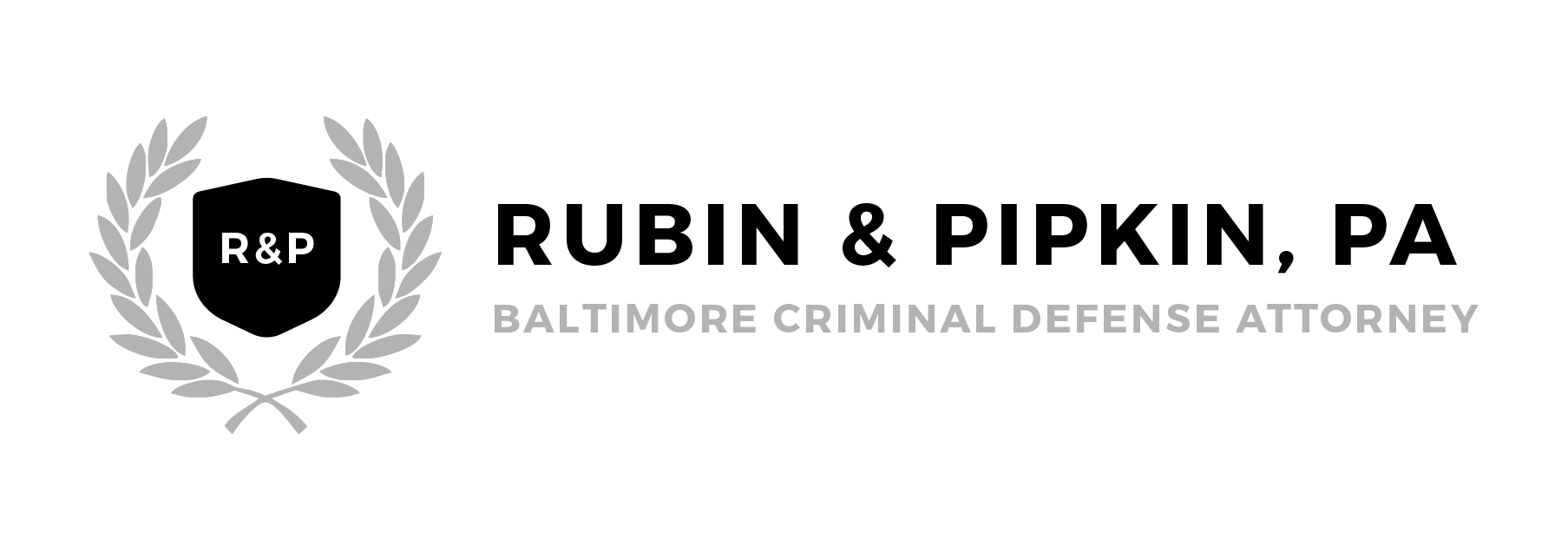11 Sep What is a catfish scam?
On behalf of Jack B. Rubin, PA posted in Internet Crimes on Friday, September 11, 2015.
Throughout the United States, the vast majority of people use the Internet in some capacity and the residents of Maryland are no exception to this rule. Yet, something not everyone realizes is that it is very easy to be deceived and end up being caught up in online scams. Worse still, you could find yourself being accused of willingly participating in illegal activity of this nature, which could in turn lead to serious criminal charges.
For example, there are certain work-from-home scams that involve soliciting others to join the same scheme in order for you to earn monetary rewards. Often there is no payout at all even if you are successful. However, it could end up costing you money, friends and even put you at risk of criminal charges if it seems that you intentionally deceived others for profit.
Another way you could get into trouble is through catfish scams. As this article on Internet crimes explains, these are generally cases of individuals creating fake accounts on social media. Via these accounts, the so-called catfish encourages others to send them gifts or pay expenses, by luring them into a romantic dialogue.
However, if you are engaged in a romantic exchange with someone via a false profile and they make a payment for you or send you money as a result, you could be at risk of being accused of misleading them. As a result, you may face criminal charges relating to involvement in online crime.
The penalties for such crimes can often be severe, so you might benefit from the advice of an attorney. He or she can advise you on how best to proceed with your defense and may be able to help you to prepare for your trial.


No Comments